If War Imposed On Pakistan, Forces Ready To “Fight Back To The Enemy”: Army
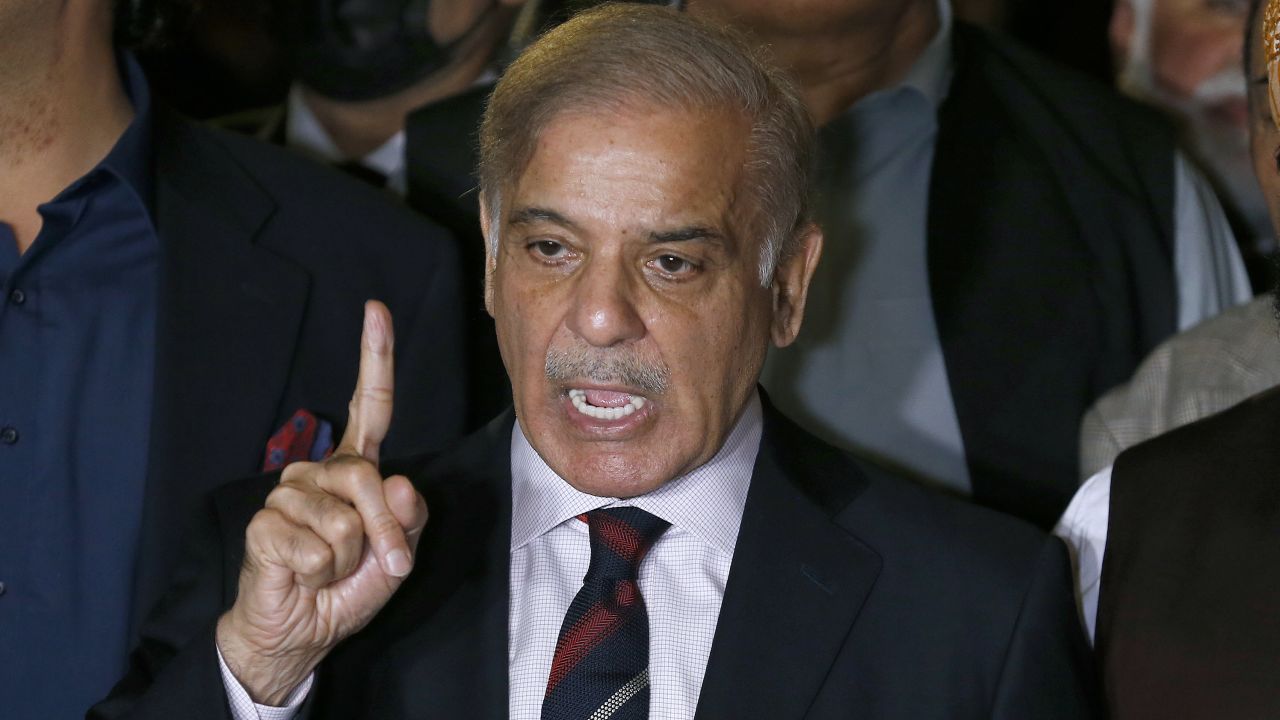
- The next day, there was a fierce fight in the air between the two countries, and the Indian pilot was taken by Pakistan and later set free.
- The attack by India's warplanes on a JeM terrorist training camp in Balakot and the Pakistan Air Force's response the next day made people worry that the two nuclear-armed neighbours would go to war.
Pakistan’s civilian and military leaders said on Monday that if a war was forced on the “peace-loving nation,” the armed forces were ready to “take the fight back to the enemy.”
On the anniversary of a fight between the air forces of India and Pakistan, the army said in a statement that the Chairman of the Joint Chiefs of Staff Committee, the heads of three services, and the armed forces “pay tribute to the strength of the nation and the resolve of the armed forces shown during Operation Swift Retort.”
“Let this day be a reminder that even though Pakistan is a peaceful country, the Pakistan Armed Forces are always ready, not only to defend every inch of motherland, but also to fight back against the enemy if they attack us,” it said.
The army also said, “Any delusion that leads to a mistake will always be met with the full power of the Pak AFs and the support of a strong nation.”
Prime Minister Shehbaz Sharif said that Pakistan is a country that wants peace but is also aware of its duty to defend itself.
“Today, the country gives the PAF a lot of praise for a good response to India’s violation of Pakistan’s air space under the guise of a false flag attack in Pulwama. We want peace with everyone, but we know it’s our job to protect the country. “No one should get it wrong,” he said.
Imran Khan, who was the prime minister at the time, said that his “government ordered a response to the Indian air strike on Balakot with PAF air strikes on Indian military targets.” The PAF shot down an IAF plane over Pakistani air space and captured an Indian pilot.
“We were able to send a clear message to India by choosing a limited military response,” he said.
In the early hours of February 26, 2019, Indian Air Force (IAF) jets bombed Jaish-e-Mohammad (JeM) terror camps in Balakot, Khyber Pakhtunkhwa, Pakistan. This was to get revenge for the Pulwama terrorist attack that killed 40 CRPF soldiers.
The next day, there was a fierce fight in the air between the two countries, and the Indian pilot was taken by Pakistan and later set free.
The attack by India’s warplanes on a JeM terrorist training camp in Balakot and the Pakistan Air Force’s response the next day made people worry that the two nuclear-armed neighbours would go to war.

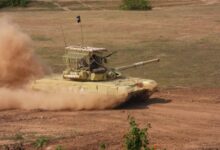
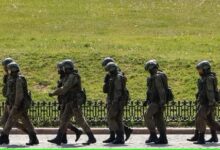
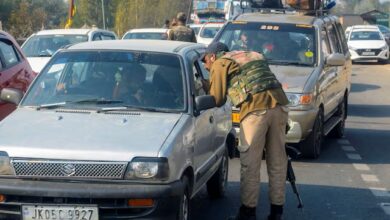
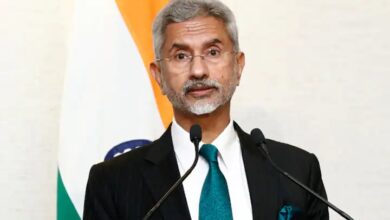
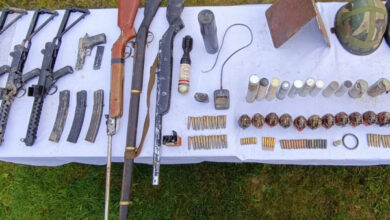
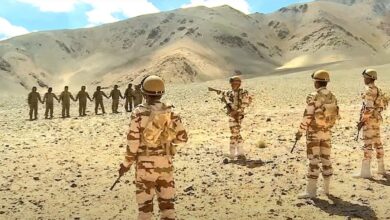
Facebook Comments